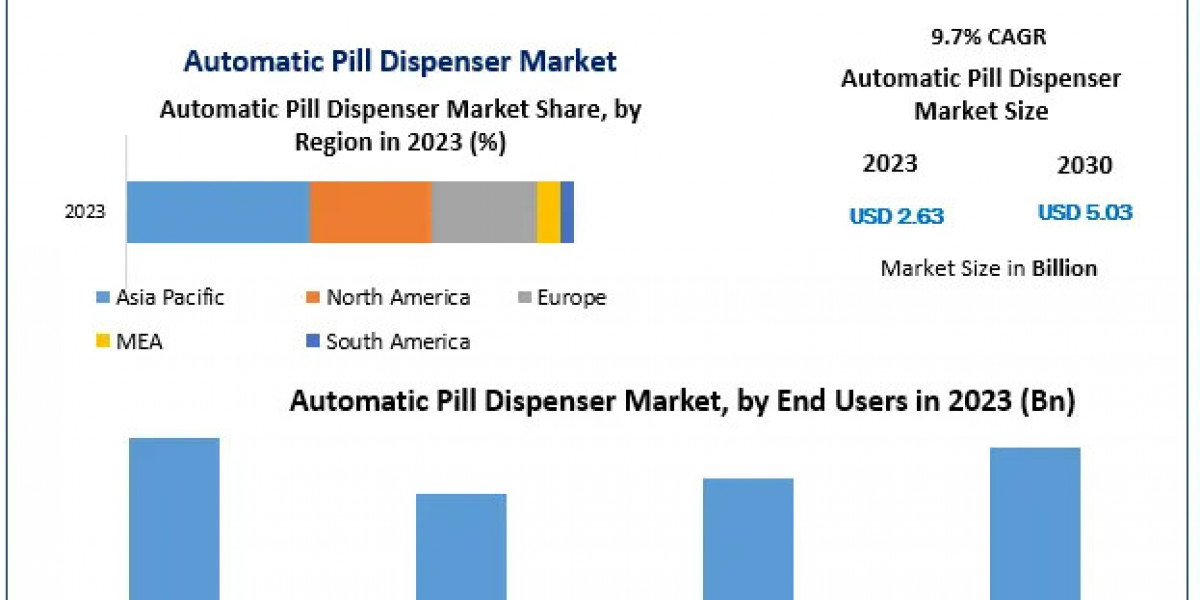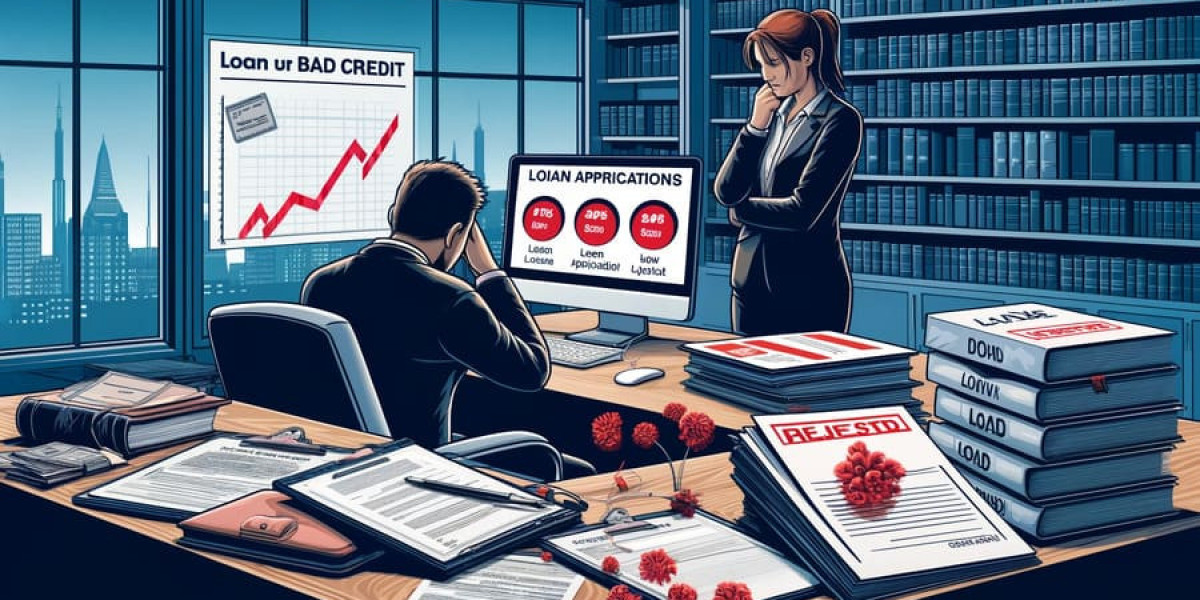In the face of substance use disorders, finding support can feel daunting. But across cities and communities, a wide network of addiction treatment centers offers individuals a chance to take back control of their lives. These centers, often known as rehab facilities or substance use recovery clinics, provide structured, evidence-based treatment to guide people out of addiction and into a life of renewed purpose.
Whether the struggle is with alcohol, opioids, stimulants, or other substances, recovery programs help individuals navigate the physical, psychological, and emotional challenges of breaking free from dependency.
A Closer Look at Recovery Settings
Addiction treatment services come in many forms, each designed to meet people where they are on their recovery journey:
Residential rehab programs provide a fully immersive environment, where individuals live on-site for 30 days or more and focus entirely on recovery.
Outpatient services offer more flexibility, allowing participants to attend sessions during the day or evening while continuing with work or home responsibilities.
Medical detox clinics focus on managing withdrawal symptoms under the supervision of healthcare professionals, often as a first step before entering a longer treatment program.
Some recovery programs specialize in addressing co-occurring mental health disorders, trauma histories, or populations such as adolescents, LGBTQ+ individuals, or veterans.
Holistic Support for Lasting Change
Modern addiction support programs extend far beyond detox. They address the root causes of substance use and help individuals develop tools for long-term success. Common offerings include:
One-on-one therapy to explore personal triggers and patterns.
Group sessions that build accountability, empathy, and connection.
Mind-body approaches like meditation, yoga, or art therapy.
Mental health counseling for depression, anxiety, or PTSD.
Skill-building classes for managing stress, relationships, and relapse prevention.
Continuing care plans to maintain progress through sober living homes, alumni programs, or follow-up therapy.
The Power of Professional Guidance
Overcoming addiction is not simply about willpower—it's about rewiring behavior, healing emotional wounds, and creating a stable, healthy life. Substance recovery centers bring together trained staff, including doctors, therapists, addiction counselors, and peer support specialists, who work together to guide clients through each phase of recovery.
Many programs take a trauma-informed, individualized approach, recognizing that every story is different and that recovery is a personal process that unfolds over time.
Finding the Right Fit
With so many options available, it’s important to choose a rehabilitation solution that fits a person’s needs and circumstances. Key things to look for include:
Accreditation and licensing
Approaches that align with your values (faith-based, holistic, 12-step, etc.)
A strong track record of success
Ongoing support and community integration
Final Thoughts
Addiction treatment programs provide more than a place to stop using—they offer hope, tools, and a roadmap to a new beginning. Recovery doesn’t happen overnight, but with the right help, it is absolutely possible.
If you or someone you know is battling substance use, don’t wait. Reach out to a trusted treatment provider today. The path to healing starts with a single, courageous step.







